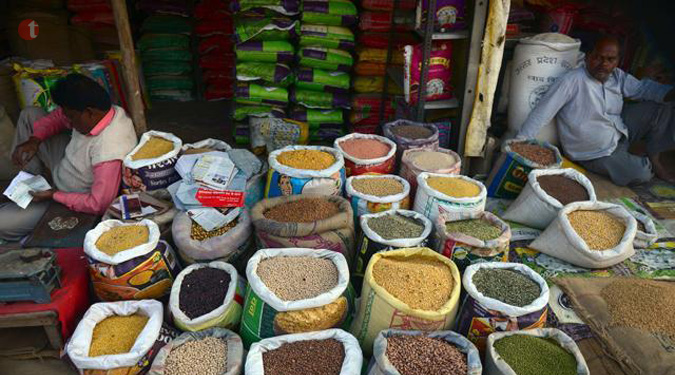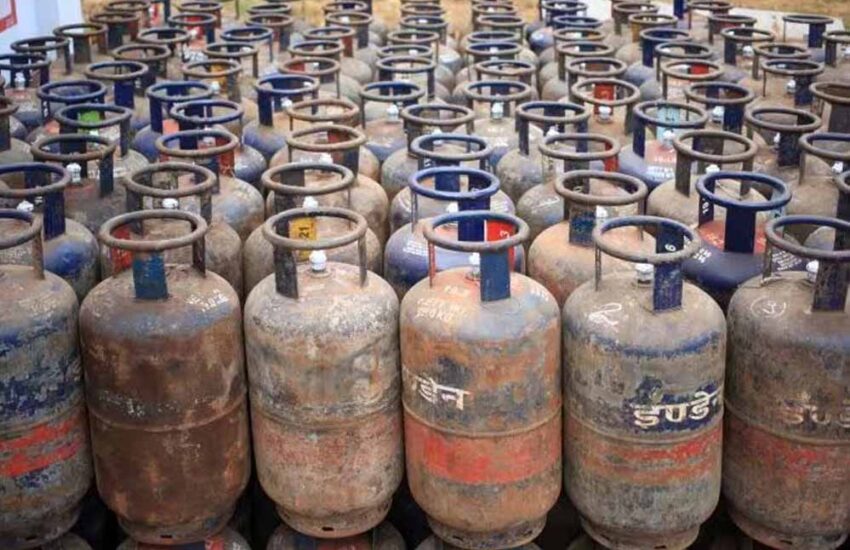TIL Desk/Business/New Delhi-As pulses continued to soar to touch up to Rs 200 per kg, intelligence agencies were today asked to crack down on cartels, while futures trade was curbed to check speculation and buffer stock was hiked over 5-times to 8 lakh tonnes to boost supply in a multi-pronged approach.
Efforts were also beefed up to sell larger quantities of pulses at highly-subsidised rates through government agencies and outlets, but any favourable results were hardly visible in the retail and wholesale markets.
Urad dal was selling at as high as Rs 196 per kg, while chana was also seen moving closer to Rs 100 per kg level. Tur dal continued to rule high at Rs 166 per kg, while moong and masur were being sold at Rs 125 and Rs 105 per kg, respectively, as per the latest government data.
In some high-end markets in cities like Mumbai and Delhi, the prices of pulses were even higher. Taking forward the decisions taken at a high-profile meeting chaired by Finance Minister Arun Jaitley yesterday, the Food Ministry decided to enhance the buffer stock of pulses from 1.5 lakh tonnes to 8 lakh tonnes.
Markets regulator Sebi joined hands by banning any fresh futures market position in chana, the only commodity among pulses where such trading was allowed. At the outlets of the government agencies, further stocks were added to sell pulses at subsidised rates, including at Rs Rs 60 per kg for chana (gram) dal and 120 per kg for urad and tur dal.
Concerned over rising prices, Consumer Affairs Secretary Hem Pande held a meeting with the officials of Department of Revenue Intelligence (DRI), the Income Tax, the Enforcement Directorate and Intelligence Bureau (IB).



